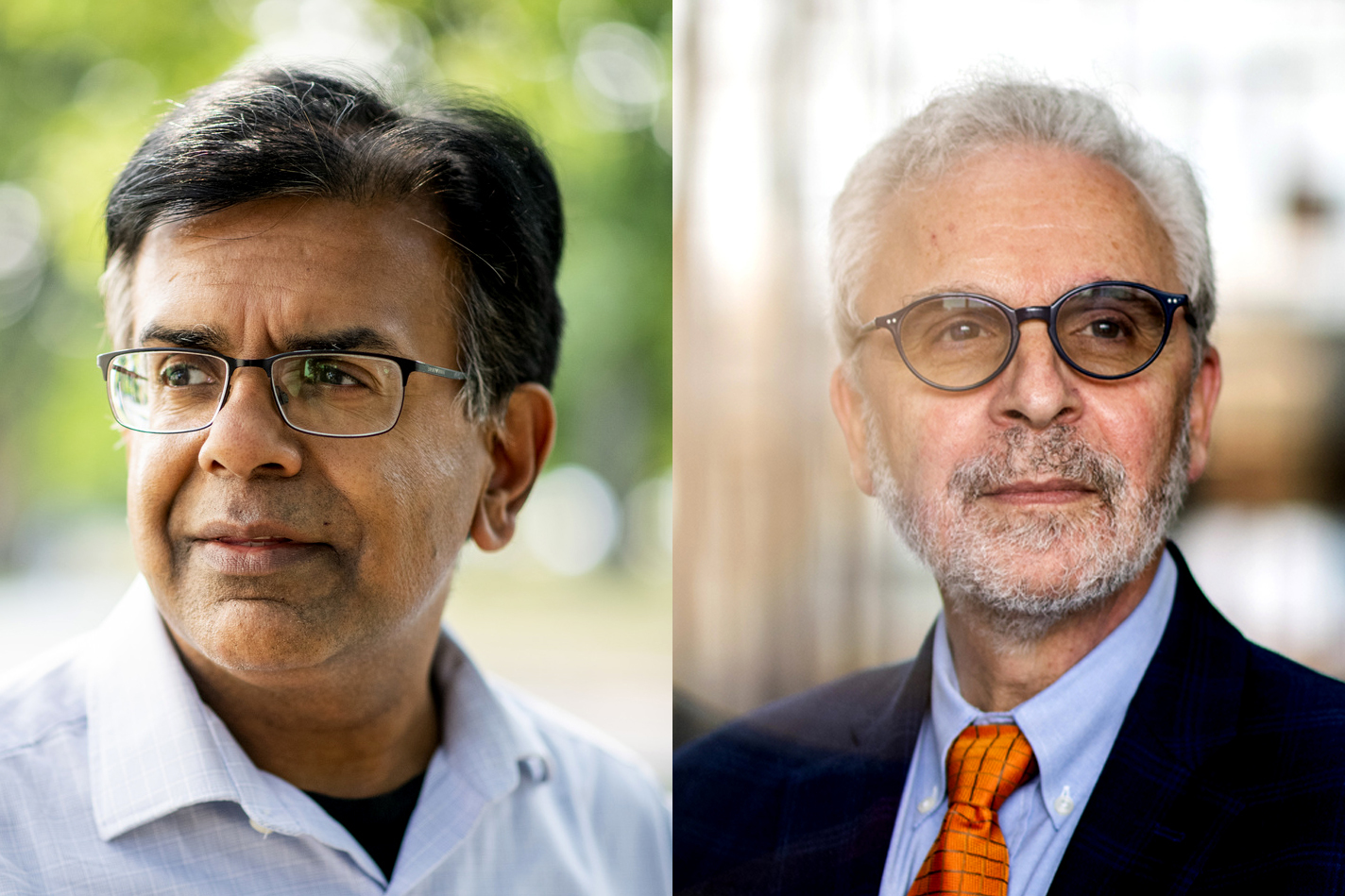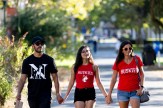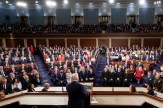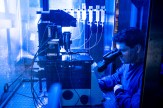How to spot a counterfeit COVID-19 vaccine

To the naked eye, there’s no discernible difference between the potentially life-saving liquid inside a COVID-19 vaccine vial and any other clear liquid.
In fact, not even trained personnel tasked with administering the vaccine will be able to test on the spot if the liquid contains the authentic mRNA vaccine. The technology needed to make these observations in the field simply doesn’t exist, says Nikos Passas, professor of criminology and criminal justice at Northeastern.
As public health officials plan for widespread distribution of the long-awaited vaccines, ensuring that vaccines are authentic could emerge as an important issue. If the first round of doses are scarce—and desperation for a quick COVID-19 solution is strong—counterfeiters could attempt to capitalize on the opportunity, Passas says.
“The problem we have is a clear mismatch in supply and demand,” he says. “Whenever you have this kind of asymmetry, you can expect illicit markets to pop up.”
To fight the trade of counterfeit vaccines and other medicines and supplies, Passas and a team of researchers are analyzing global trade networks and collaborating with pharmaceutical companies, banks, and law enforcement worldwide on how to ensure quality control and stop the illicit flow of potentially ineffective—or even fatal—fakes.

Left: Mansoor Amiji, university distinguished professor of pharmaceutical sciences and chemical engineering, and Nikos Passas, professor of criminology and criminal justice are members of a team tasked with stopping illicit flows of medicine and medical supplies. Photos by Matthew Modoono/Northeastern University
Tracking transactions will be a main strategy the team employs to disrupt chains of counterfeit products.
“We want to follow the money and other trails,” says Passas, who is joined by Northeastern professors Mansoor Amiji and Ravi Sundaram, Boston University professor Muhammad Zaman, and University of Houston professor Ioannis Kakadiaris on the National Science Foundation-funded task force.
Once COVID-19 vaccines are approved in the United States, which is expected to happen later this month, the U.S. military will oversee the vaccine’s supply chain and facilitate shipping across the country.
“Where the military is involved, there’s an assurance that the vaccines will be authentic,” says Amiji, university distinguished professor of pharmaceutical sciences and chemical engineering. “But once the product gets beyond that scale, once the military becomes less involved, the concern for counterfeits becomes more pronounced.”
As of right now, the U.S. military is only expected to help distribute vaccines in the early phases. Afterwards, healthcare providers, pharmaceutical companies, and shipping companies will have a greater role in overseeing distribution and administration of the vaccines.
A less coordinated effort could expose breaches in the supply chain for counterfeit peddlers to capitalize on, Amiji explains. “People are going to be looking for cheaper alternatives.”
The Department of Homeland Security, which is playing a large role in overseeing quality control, published a list of guidelines to help consumers avoid fake vaccines:
- Always consult a licensed medical professional to obtain a COVID-19 vaccine or treatment.
- Make sure your doctor has been approved to administer the vaccine.
- Do not buy COVID-19 vaccines or treatments over the internet.
- Do not buy COVID-19 vaccines or treatments through an online pharmacy.
- Ignore unsolicited offers for vaccinations and miracle treatments or cures.
- Don’t respond to text messages, emails or calls about vaccines and treatments.
- Be wary of ads for vaccines and treatments on social media.
- Any suspicious activity can be reported to: covid19investigations@dhs.gov.
Dangers of unauthorized vaccines
In the worst case scenario, a counterfeit vaccine could directly harm a person. For example, the water used in the fake vaccine liquid could be contaminated with something unsafe for humans, Amiji says.
But even if the counterfeit vaccine doesn’t cause direct complications, it still won’t prevent COVID-19, and that could provide people with a false sense of security, Amiji says. People might engage in unsafe behaviors under the assumption that they’re protected from COVID-19.
In addition to counterfeit products, the task force also investigates stolen and smuggled authentic goods. In these cases, the vaccines are real, but if they travel through illicit or unsupervised channels to reach consumers, the quality of the vaccine could be compromised, Amiji says.
The mRNA vaccines in development in the U.S. require complicated storage in extremely cold freezers, making it difficult for unauthorized organizations to ship or store the vaccine properly since they might not have access to the necessary technology, Amiji explains.
The degradation process—changes in the chemical makeup of the vaccine that make it less potent or different entirely—is one of the main concerns for the mRNA vaccines, especially in substandard supply chains that don’t have access to freezers or dry ice, Amiji says. In the worst case scenario, degraded vaccines could be dangerous for humans.
“This raises some serious concerns about toxicity,” he says. “These injections could contain impurities that we don’t know about.”
Pfizer has created a distribution container that keeps the vaccine refrigerated at the proper temperature for up to 10 days if unopened. “But what about the 11th day? In that case, it could be the real product, but it’s used past the expiration date,” Amiji says.
Detection of counterfeit vaccines could also dissuade already skeptical people from choosing to get vaccinated.
“The public’s confidence is at risk,” Passas says. “Combine that with the shaken confidence we already have about vaccines and that creates another public health problem. We won’t be able to create the community level immunity needed to protect people if they don’t opt in.”
For media inquiries, please contact Jessica Hair at j.hair@northeastern.edu or 617-373-5718.





